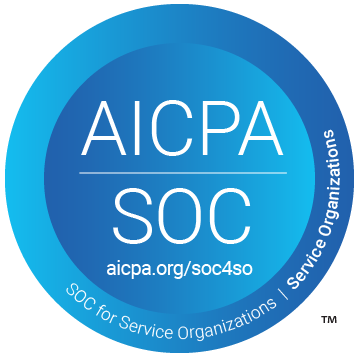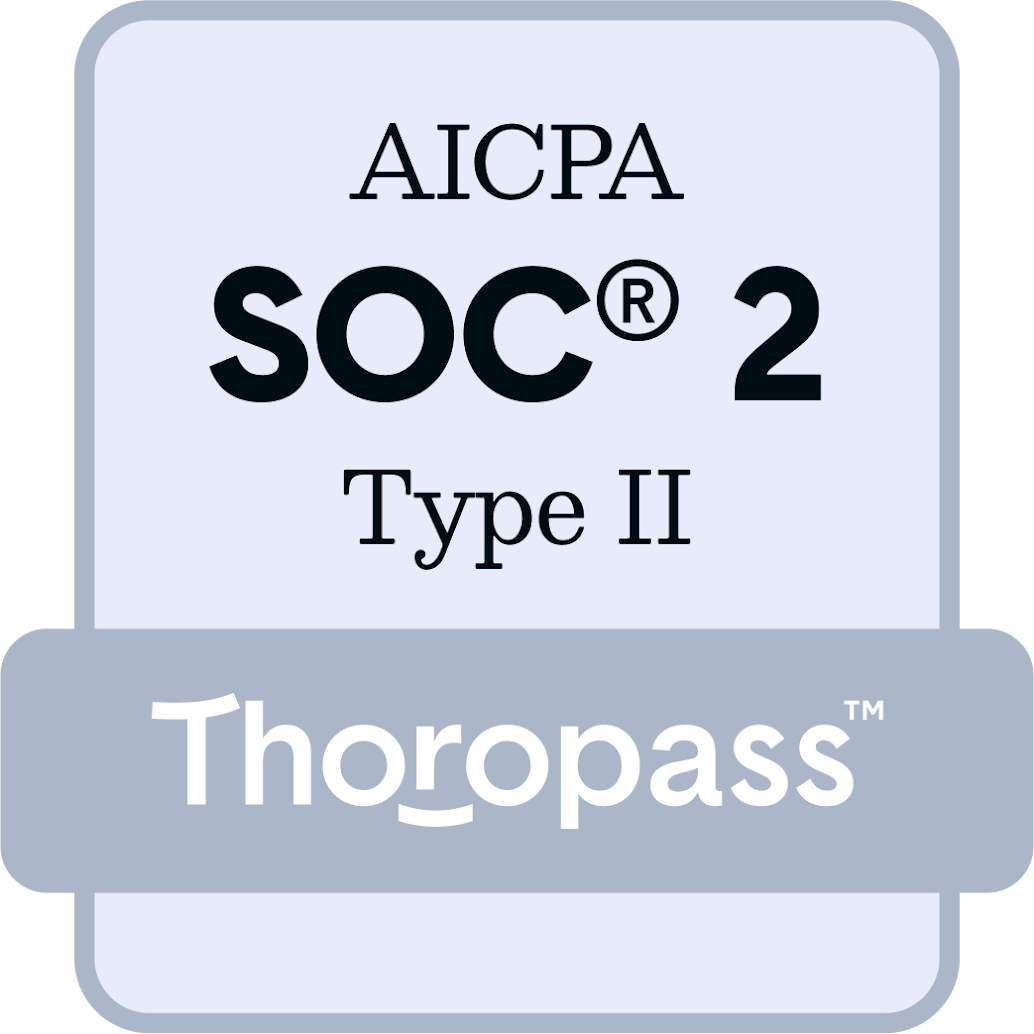Executive Perks and Benefits: A Burden on Companies and Stockholders?
July 28, 2023
MaryClare Colombo

Top executives not only receive impressive salaries, but most also receive benefits and perquisites—or commonly known as “perks”—as part of their total compensation package. The values of these perks have risen sharply since the beginning of the COVID-19 pandemic, particularly for CEOs. Supply and demand fluctuations, steeper inflation, and the pandemic resulted in increased cost of goods, such as housing and fuel, yet some perks have outpaced those increases.
CEOs and CFOs at companies in the Equilar 500—the 500 largest U.S. companies by revenue— receive benefits and perquisites that are disclosed in the “all other compensation” section of the summary compensation table found in proxy filings. Common annual perks for CEOs and CFOs include personal use of the company aircraft, use of a company car and driver, and security services. Executives may also receive perks such as relocation assistance and corporate housing, though these perks are less common. Values reported are usually in connection with incremental costs from personal use of company resources, which are at the expense of the company and its shareholders.
High profile executives often receive security benefits as part of their compensation packages. For example, Mark Zuckerberg, CEO at Meta Platforms, received a security program valued at $24.8 million in 2022. The Company authorized the security program “to address safety concerns due to specific threats to their safety arising directly as a result of Mr. Zuckerberg's position as our founder,” according to Meta’s most recent proxy filing.
Aircraft perquisites are often granted adjacent to security benefits, though the incremental costs are valued independently. Mark Zuckerberg had the highest personal aircraft perks among all executives, valued at $2.3 million in 2022. James Taiclet of Lockheed Martin had the second highest aircraft perk valued at $1.3 million. While aircraft perks have historically been reserved for CEOs, a rising number of chief financial officers have been granted access to corporate jets. In 2018, 54 CFOs received aircraft perquisites, and that number grew to 76 CFOs in 2022. John Rainey of Walmart ($424,200 in this past year) received the largest aircraft perquisite of chief financial officers.

Fuel price increases have impacted both consumers and companies—aircraft and automotive fuel saw increases between 2020 and 2022 of 135.7% and 82.2%, respectively. However, automotive and aircraft perks had diverging trends between 2018 and 2022 as automotive perks stayed relatively stable and aircraft perks rose.
Approximately 45% of Equilar 500 CEOs received aircraft perks in 2022, while only 14.2% of CFOs received the same perk. Companies have traditionally allowed CEOs to use corporate jets for personal travel, but the same privilege to CFOs has also become more common. The median value of CFO aircraft perks grew 64.2% from 2018 to $23,293 in 2022. Similarly, the median value for CEOs also climbed to an all-time high of $130,108 in 2022.

Rising fuel costs contributed to the increases in aircraft perk values, but they haven’t affected automotive perks in the same manner. Automotive perks have slightly decreased in value for both CEOs and CFOs between 2018 and 2022, despite average gas prices increasing nearly 50%. In 2018, 159 CEOs and 121 CFOs received automotive perks, which grew in 2022 to 175 and 122 for CEOs and CFOs, respectively.
Companies vary in what type of automotive perks they grant to their executives. This may come in the form of drivers, fuel, annual allowances, car leases and maintenance, or other forms of ground transportation. Many companies such as Altria Group, Inc. provide a flat cash allowance for a vehicle. Others provide a car and driver, citing security reasons. For example, Pfizer Inc. states in its 2023 proxy that “for security reasons, a car and driver are available to the CEO for personal use (including commuting) and the cost does not need to be reimbursed to the company. Spouse/partner travel is generally considered personal use and the incremental cost of such travel must be reimbursed to the company.” This form of automotive perk will vary based on company and executive needs.


While fuel costs grew faster than the median value of aircraft perks, housing-related perks outpaced national home price growth. The S&P Case-Shiller Home Price Index saw a 34.3% increase between 2020 and 2022, in stark contrast to a 9.7% increase between 2018 and 2020. However, from 2018 to 2022, CEO and CFO corporate housing perk values increased by 289.2% and 201.3%, respectively.
While housing-related perks, such as corporate housing and relocation assistance, are not common, they often cater to executives working and residing in another country. Executives at Yum China Holdings, Chubb Limited and Arch Capital Group enjoy some of the highest valued corporate housing perks, each surpassing $100,000. Yum China Holdings disclosed its CEO’s $140,898 expense as a “housing subsidy” and also provided a “home leave reimbursement” of $49,801. Chubb Limited refers to its perquisite as a “housing allowance” but does not elaborate on what it encompasses. Arch Capital Group’s CEO is an expatriate who received $218,251 in 2022 for living near the Company’s Bermuda headquarters.
A small portion of CEOs and CFOs have received relocation benefits—7.6% and 10.5% on average, respectively—often associated with international work. For example, John Murphy at Coca-Cola received nearly $2 million for relocating from Ireland to the United States, with a significant portion allocated to tax equalization related to their International Service Program benefits. The median CEO relocation benefit peaked in 2020 at $143,766, falling to $95,392 the following year. The median CFO relocation benefit peaked in 2019 at $115,853, but stabilized in 2021 and 2022, with a median value of $83,598 in 2022.
Despite the annual increase in perquisite values, these changes do not appear to be strongly correlated with national economic trends in fuel and housing costs. Companies defend large perquisite expenditures by citing the importance of attracting and retaining top talent. Furthermore, companies like Intel and General Motors have implemented policies that restrict corporate jet use exclusively to business purposes. As companies move towards more stringent regulations regarding personal use of company aircrafts, it demonstrates a commitment to transparent and ethical practices to shareholders.
Contact

MaryClare Colombo
Senior Research Analyst at Equilar
MaryClare Colombo, Senior Research Analyst at Equilar, authored this post. Please contact Amit Batish, Senior Director of Content & Communications, at abatish@equilar.com for more information on Equilar research and data analysis.
 Solutions
Solutions
















